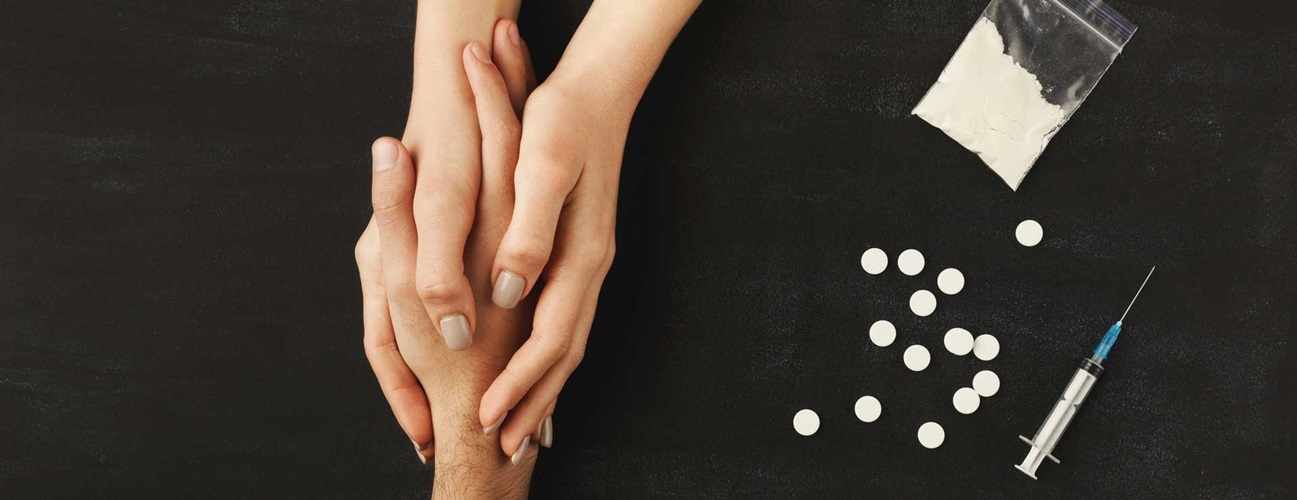When someone enters a Rehabilitation Centre in Delhi, it marks a crucial turning point in their life — but recovery doesn’t happen in isolation. Family support plays an equally vital role in the healing process. Addiction affects not just the individual but everyone around them, and involving loved ones can make the journey smoother, more effective, and long-lasting.

Understanding Addiction Together
One of the first and most important steps families can take is to educate themselves about addiction. It’s not simply a matter of willpower — addiction is a complex disease that alters brain chemistry and behavior. Understanding this helps family members approach their loved one with empathy rather than frustration or blame.
Many trusted De Addiction Centre in Delhi facilities, like Rama Rehab, offer family counseling sessions and educational workshops to help relatives and close friends grasp the emotional, mental, and physical aspects of addiction.
Offering Emotional Support Without Enabling
Supporting a loved one doesn’t mean shielding them from consequences or ignoring destructive behavior. Instead, it means being present, offering emotional encouragement, and maintaining healthy boundaries.
Loved ones can show support by:
Listening without judgment
Encouraging treatment and participation in therapy
Celebrating milestones and small victories
Avoiding criticism, shame, or guilt-based conversations
Rehab centers emphasize the difference between supporting and enabling — and help families learn how to offer love without compromising accountability.

Participating in Family Therapy
Many effective nasha mukti kendra in Delhi programs include family therapy as a key part of the treatment process. These sessions allow open and honest communication, helping to address past wounds, misunderstandings, and emotional trauma caused by addiction.
Therapists guide families through healing conversations that can rebuild trust, improve communication, and set the foundation for a healthier relationship moving forward.
Being Part of the Recovery Routine
Recovery doesn't end when someone leaves rehab. Loved ones can play an essential role in helping individuals stay committed to sobriety. This includes:
Encouraging participation in aftercare programs
Supporting new routines and lifestyle changes
Reducing exposure to triggers (like parties with alcohol or stressful situations)
Helping create a peaceful, stable home environment
Positive reinforcement and daily support from family members can significantly reduce the risk of relapse and strengthen the recovering person's self-esteem and motivation.
Final Thoughts
Choosing a professional Rehabilitation Centre in Delhi is a courageous first step toward healing — but lasting recovery flourishes in a network of love and support. Families who actively participate in the process not only help their loved one but also find healing for themselves.
If someone you care about is struggling with addiction, remember: your presence, understanding, and involvement could make all the difference. Recovery is not a solo journey — it’s a shared one, and together, healing is possible.
Write a comment ...